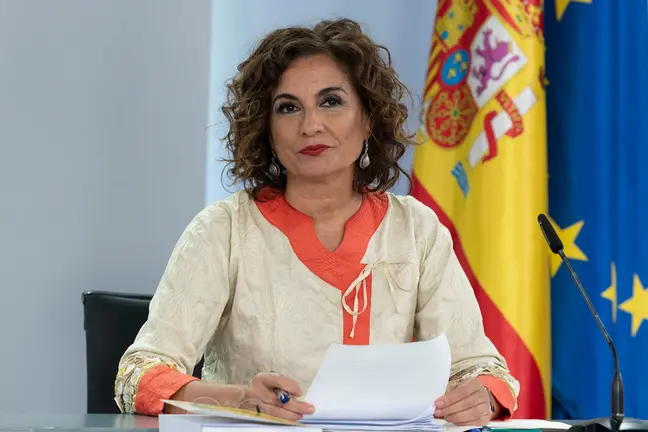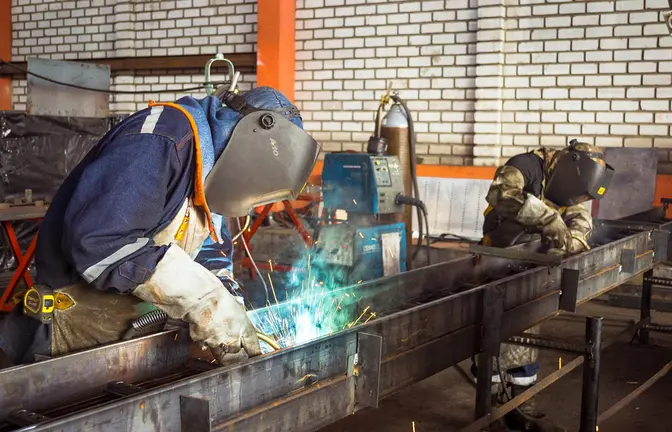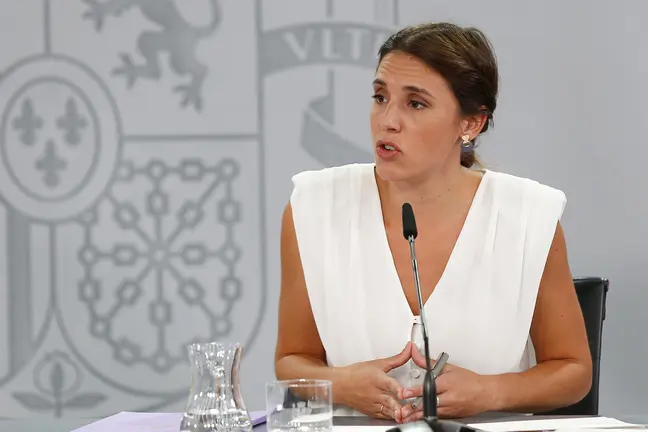EU leaders said Thursday they would keep hunting for ways to keep energy prices under control but kept things vague amid division about the best way to proceed as the continent heads into its coldest months.
After hours of talks at a Brussels summit on how best to shelter citizens and small businesses, the 27 countries said only that they would "swiftly consider" taking mid- and long-term measures to shore up energy supplies and keep bills affordable.
Energy prices - especially the price of natural gas - have risen rapidly since the beginning of the year.
Consumers are already feeling the effects of higher electricity and heating bills, and concern about energy poverty or a backlash against EU climate policy is rife.
Last week, the commission presented a so-called "toolbox" of measures member states can implement. Options include lowering taxes, direct payments to vulnerable households or state aid for small businesses.
On Thursday, the leaders pledged to "urgently make the best use of this toolbox to provide short-term relief."
The debate is far from over. Proposals are to be discussed at an extraordinary meeting of energy ministers in Luxembourg on Tuesday. The subject will also be on the agenda at a December summit.
Spanish, French disappointment
Thursday's summit results are unlikely to satisfy Spain, which has been pushing hard along with France and others for an EU-wide response with direct measures like common gas purchases and reserves.
"The objective of the Spanish government is to continue to push ahead the debate," Prime Minister Pedro Sanchez said.
Madrid would like to move quicker, he added.
The Spanish leader's stance stood in contrast to German Chancellor Angela Merkel's more serene response as she attended what is likely to be her last summit.
Berlin favoured a market-led response to tackle the rising costs coupled with greater social benefit supports to help struggling households, Merkel said. "More market," was the solution, not less, she said.
Germany and Luxembourg are among the member states regarding the problem as a national issue best solved with short-term interventions.
Energy transition
Some EU member states, such as Poland and Hungary, link the trend to the rising price of carbon dioxide (CO2) in the EU Emissions Trading System, among other factors.
Under the system, electricity suppliers, for example, have to pay for emitting greenhouse gases such as CO2. The EU plans to extend the scheme to buildings and road transport.
Hungarian Prime Minister Viktor Orban criticised the plan, saying it would further burden middle-class families.
Outgoing German leader Merkel, by contrast, was keen to separate the energy price issue from the bloc's transition to renewable energy on Thursday.
The European Commission has repeatedly stressed that renewable energy should be seen as the solution to rising energy prices caused by gas, not the cause.













